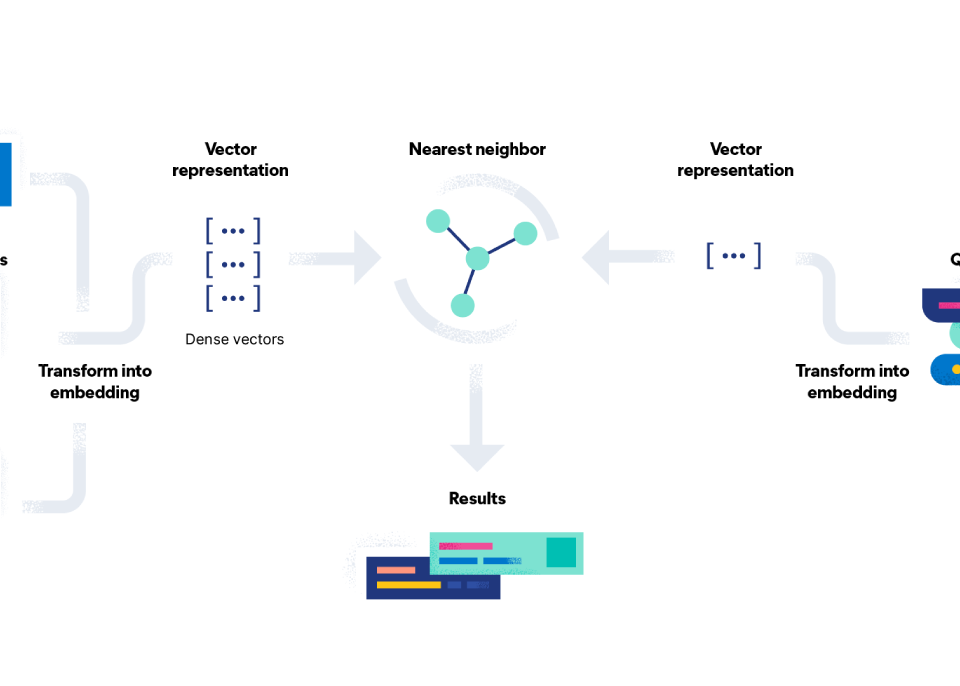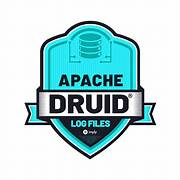Python Automation script for data validation
Blogs
Private Link in Fabric: The Key to Enhanced Security and Compliance
May 21, 2024This Python script performs a data validation task across multiple databases (SPS, Comm Report, OMS, OMS Old) to ensure that certain terms (or identifiers) are correctly tagged or represented. Here’s a detailed explanation of each part of the script:
1. Imports and Directory Setup
import pandas as pd
import pymysql as p
import jaydebeapi as j
dir = ‘/users/downloads/’
df = pd.read_csv(dir + ‘check_ids.csv’)
id = df[‘id’].astype(str).to_list()
Explanation:
pandasis imported aspdfor handling data frames.pymysqlis imported aspfor connecting to MySQL databases.jaydebeapiis imported asjfor connecting to JDBC databases.diris set to the directory path where the CSV filecheck_ids.csvis located.- The script reads the CSV file into a Pandas DataFrame (
df) and extracts theidcolumn as a list of strings (id)
2. sps_check() Function
def sps_check():
l = []
l1 = []
# Connect to SPS database
sps_con = p.connect(user=””, passwd=””,
host=””,
port=3306, database=”sps”)
cur = sps_con.cursor()
print(“Checking in sps for the term tag…”)
# SQL query to check for term tags in SPS
q = f”select entity_id from order_entity_term where entity_type=’order_line’
and term_type=’seller_incentive’ and entity_id in {tuple(id)} and term_id is not null”
cur.execute(q)
# Fetching results
for i in cur.fetchall():
l.append(i[0])
print(“term ids tagged count:”, len(l))
# Finding IDs not tagged
for i in id:
if i not in l:
l1.append(i)
print(“term id not tagged count:”, len(l1))
# Writing IDs to file if not tagged
if len(l1) > 0:
f = open(dir + ‘term_mis.csv’, ‘w’)
f.writelines(str(i) + ‘n’ for i in l1)
f.close()
print(“ids for which term need to tag saved in term_mis.csv file..”)
Explanation:
sps_check()function connects to the MySQL database (myntra_sps) usingpymysql.- Executes a query (
q) to retrieveentity_idfromorder_entity_termtable where conditions are met. - Collects results into list
land identifies IDs not found (l1). - Writes IDs needing tagging to a CSV file (
term_mis.csv) if any are found.
3. comm_report_check() Function
def comm_report_check():
comm_con = j.connect(“com.bifrost.jdbc.BifrostDriver”,
“jdbc:bifrost://bifrostx-gateway..com:80/hive”,
[“”, “”],
“”)
cur = comm_con.cursor()
print(“Checking in com report for term ids…”)
q = f”select revenuereport_ext_ref_id, accrual_attribute_ref_11 from fin_wallstreet.forward_mp_commission_20240605_new
where revenuereport_ext_ref_id in {tuple(id)}”
cur.execute(q)
df = pd.DataFrame(cur.fetchall())
df.columns = [‘ord_id’, ‘term_id’]
# Writing results to CSV files based on conditions
df1 = df[df[‘term_id’] == ‘0’]
df2 = df[df[‘term_id’] > ‘0’]
df1.to_csv(dir + ‘term_zero.csv’, index=False)
print(“term ids avail in comm report:”, len(df2))
print(“term ids zero in comm report:”, len(df1))
# Return IDs based on conditions
if len(df1) > 0:
ids = df1[‘ord_id’].astype(str).to_list()
else:
exit()
return ids
Explanation:
comm_report_check()function connects to a JDBC database usingjaydebeapi.- Executes a query (
q) to retrieve data fromfin_wallstreet.forward_mp_commission_20240605_new. - Filters results into two DataFrames (
df1forterm_idequals ‘0’ anddf2forterm_idgreater than ‘0’). - Writes
df1toterm_zero.csvand prints counts of available and zero term IDs. - Returns a list of IDs (
ids) based on conditions.
4. oms() and oms_old() Functions
def oms():
l = []
ids = comm_report_check()
print(“Fetching line ids for the term id zero…”)
print(“Checking in oms db…”)
# Connect to OMS database
oms_con = p.connect(user=””, passwd=””,
host=””, port=3306, database=”oms”)
cur = oms_con.cursor()
q = f”select id from order_line where order_release_id_fk in {tuple(ids)}”
cur.execute(q)
# Collecting results into list
for i in cur.fetchall():
l.append(i[0])
print(“line ids in oms:”, len(l))
# Fallback to older OMS if no results found
if len(l) == 0:
l = oms_old()
return l
def oms_old():
l = []
# Connect to old OMS database
oms_con = p.connect(user=”darshan.viswana1″, passwd=”April@2024″,
host=”myntra_oms_old-userslave1.mynt.myntra.com”,
port=3306, database=”myntra_oms_old”)
cur = oms_con.cursor()
print(“Checking in oms old for line ids…”)
q = f”select id from order_line where order_release_id_fk in {tuple(id)}”
cur.execute(q)
# Collecting results into list
for i in cur.fetchall():
l.append(i[0])
print(“line ids in oms old:”, len(l))
return l
oms()function connects to the OMS database (myntra_oms) usingpymysql.- Executes a query to retrieve
idfromorder_linewhere conditions are met. - If no results are found (
len(l) == 0), it callsoms_old()to query the older OMS database (myntra_oms_old).
5. Main Script Execution
if __name__ == ‘__main__’:
sps_check()
Explanation:
- Executes the
sps_check()function when the script is run directly (not imported as a module).
Summary:
This script integrates Python with database connectivity libraries (pymysql for MySQL and jaydebeapi for JDBC) to perform data validation tasks across multiple databases. It reads input IDs from a CSV file, checks term tagging in sps, analyzes term IDs in a commission report (fin_wallstreet.forward_mp_commission_20240605_new), and retrieves related line IDs from myntra_oms and myntra_oms_old databases as necessary. Results are logged and saved into CSV files for further analysis and action. Adjustments may be needed based on specific database schemas and access permissions.
Pooja K




